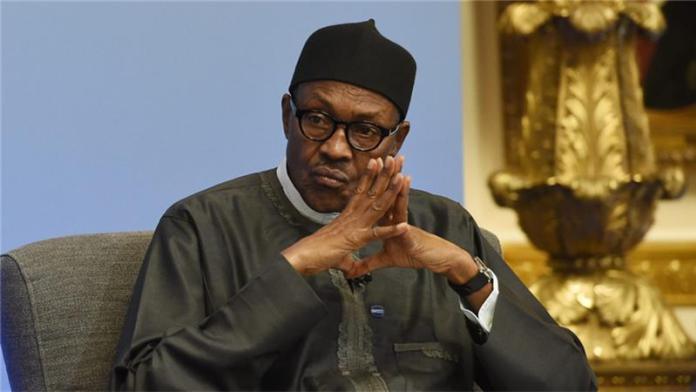Africa and the Issue of Democratic Consolidation in Nigeria
By Antonia Adejoh
In 1927, President Charles King of Liberia recieved 234,000 votes when the country had only 15,000 registered voters. This won the King, an Americo-Liberian, the dubious achievement of being listed in the world Guinness Book of Records 1982 for the most fraudulent reported in history.
Why Africans? How can we adopt what we can not practice in reality?
Nigerian is not left out, where in 2007 general election under the chairmanship of Prof. Maurice Iwu was also the most fraudulent election ever in Nigeria.
Nigeria’s democracy is in crisis. Under the watch of the Mr Integrity we thought Saturday 16, November, governatorial election in Kogi will be peaceful and that the mandate of the people will not be brazenly stole from them. But the results contradicted the reality.
Read Also:
Elections were supposed to move the country to a higher rung on the democratisation ladder. Create a
more conducive environment to resolve its many insecurity issues such as Kidnapping, Boko Haram, and consolidate our democracy and strengthen its credentials as a
leading peacemaker in Africa but instead generated serious
new problems that may be pushing it further towards the status of a failed state through artificially created political crises.
But Kogi governatorial election falls below the minimum standard of credible election, the election was filled with overwhelming incidents of harassment and intimidation of voters and electorial officials, destructions of electorial materials, snatching of ballot boxes, votes buying and the killing of citizens by the untouchable politicians.
The levels of violence exhibited by the the two major parties in the state was an assault and insult to the election process in Nigeria.
If Africa and Nigeria in particular can not mend ways of conducting election we better invite military to rule. And we can not develop as a country if we continue this way.
Antonia Adejoh is a Student, Department of Information and Media Studies, Bayero University Kano. And can be reached on: [email protected]



























